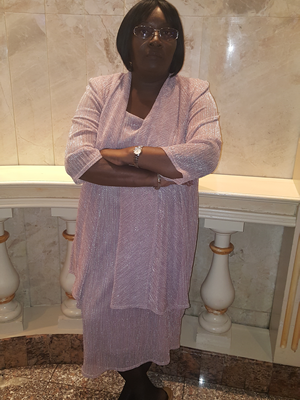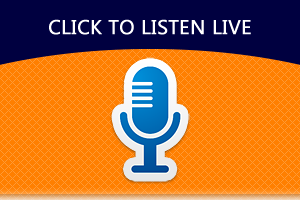Why A Wellness Approach, to Health Care, Makes Sense?
Unlike the vast majority of the world, the United States treats health, using a narrowser perspective, and focuses exclusively, on what is referred to, either as Conventional Medicine, or alleopathic . This approach depends, largely on using a chemical approach, including prescription drugs, and over – the – counter (OTC) ones. In most other nations, the broad approach, is combining, alleopathy, with a combination of alternative methods, including homeopathy, aromatherapy , reiki , etc. This is often referred to as a wellness approach to health care, etc, and is based on differentiating methods and methods, and focuses on increasing symptoms, by considering their causes, etc, rather than on, merely behaving symptoms. With that in mind, this article will attempt to briefly review, consider, and examine, and discuss, the advantages and disadvantages of the alternatives, and how, balancing both, and using the most beneficial components, of each, may make a lot of sense.
1. Conventional method: Most of us are used to the conventional medical approach and treatments. This begins with inoculations, as children, which continue, through our lives. The interesting thing, is vaccines are, in fact, based on the philosophy of homeopathy , because we inject a very small quantity of the disease, etc, in order to develop a resistance to it, and, then an immunization against certain illnesses, etc . In the United States, we often treat illnesses and sicknesses, by using chemical medications, which cover up, and temporarily eliminate the underlying symptoms, but, often, witness, what is referred to, as bounce – back, which means, the particular illness returns. However, when it comes to life – threatening illnesses and diseases, such as cancers, certain blood disorders, etc, conventional medicines, are often, the best option. However, even then, the treatment is often, more effective and humane / comforting, when combined with using alternative treatments. For example, antibiotics are generally far better tolerated, when we also take probiotics. Many calmatives, etc, make these treatments, more effective and worthwhile.
2. Alternative approaches: Pain, discomfort, and many other ailments, when not life – threatening, or demanding more aggressive treatments, are eased, and / or relieved, using acupunture . This ancient Chinese treatment, uses what is known an Meridians, to determine, the best way to proceed. I have personally taken advantage of these treatments, and found them, non – intrusive, and helpful. Homeopathy is based on introducing a minute amount of a particular disease, in a specific way, in order to build up our own immune system. This is non-intrusive, with no side effects, and I have also found these helpful, but, the advantage is, either they're help or not, but do no harm. Others have found comfort in many other alternative treatments, such as aromatherapy , herb therapy, etc.
3. Wellness therapy: Does not it make sense, to begin with the non-invasive, alternative therapies, especially for minor ailments, and then use conventional medicines, when needed, necessary, and indicated?
We need to open our minds, and think beyond the conventional. After all, is not the objective of health care, maximizing a healthy life and living?














 Hits Today : 1675
Hits Today : 1675 Total Hits : 1082818
Total Hits : 1082818 Who's Online : 1
Who's Online : 1